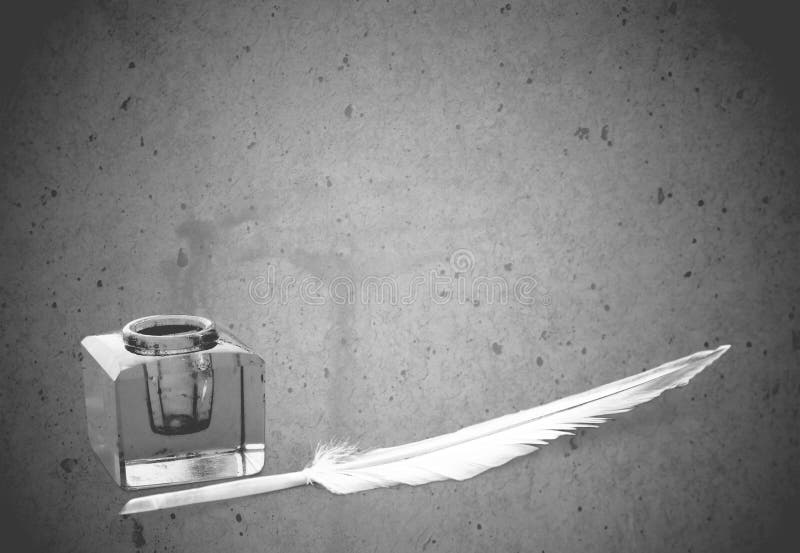 Kim Rosen of the Huffington Post wondered in a 2010 article if Americans are afraid of poetry; some of the essay is a warmed over a collection of the usual symptoms, and some of it is intriguing, worth a gander. I don't think Americans are afraid of poetry; rather it's a matter of not many Americans, comparatively, think of poetry as a resource since we, as a culture, are not an introspective culture, but instead, one that continuously looks forward to a future to be created. Poetry, so far as the general reader is concerned, is a matter of one being alone with their thoughts and structuring their experience in a narrative form, a narrative that not only chronicles events along a timeline, but also the nuance of experience, the fleeting sensation of something changing in their psyche. This requires making the language do extraordinary things to accommodate an uncommon interpretation of experience, and Americans, a people reared on the ideology of what can be done in the face of adversity, have no expansive desire to do something so impractical. Language is a thing meant to help us solve material problems, to achieve material goals, and poetry, a strange extension of linguistic twists and shadings, does nothing to put food on the table, put money in the bank, to further the quest to cure an endless variety of incurable diseases.
Kim Rosen of the Huffington Post wondered in a 2010 article if Americans are afraid of poetry; some of the essay is a warmed over a collection of the usual symptoms, and some of it is intriguing, worth a gander. I don't think Americans are afraid of poetry; rather it's a matter of not many Americans, comparatively, think of poetry as a resource since we, as a culture, are not an introspective culture, but instead, one that continuously looks forward to a future to be created. Poetry, so far as the general reader is concerned, is a matter of one being alone with their thoughts and structuring their experience in a narrative form, a narrative that not only chronicles events along a timeline, but also the nuance of experience, the fleeting sensation of something changing in their psyche. This requires making the language do extraordinary things to accommodate an uncommon interpretation of experience, and Americans, a people reared on the ideology of what can be done in the face of adversity, have no expansive desire to do something so impractical. Language is a thing meant to help us solve material problems, to achieve material goals, and poetry, a strange extension of linguistic twists and shadings, does nothing to put food on the table, put money in the bank, to further the quest to cure an endless variety of incurable diseases.
Poetry is immaterial to purpose, function, policy; the absence of larger audiences for poetry isn't about fear from a perception that it's a mode of expression that is the least useful among several the lot of us might select on a given day. There are those of us who would argue that poetry's lack of identifiable utility is exactly what attracts us to the form--I happen to think that, like Wilde, that all art is quite useless in practical application (save for the fact that I believe humans crave beauty in form and in expression) and adhere to a running definition of what literature, in general, avails the reader: to paraphrase, literature (poetry) helps us think about ourselves. Americans, I think it's safe to say in the broadest sense, have no real desire to reside individually and psychically work their way to an "aha" experience with poetry as a conduit.
Americans are not introspective people, a national habit that infects all of us; it seems, regardless of race, skin color, religious choice, cultural formation or any number of things. I might suggest prevailing conditions of isolation, anomie, alienation and a host of other diagnostic words that have lost their punch and are now mostly free of meaning, but what it comes down to, basically, is that it seems most of us in this stew, within these borders don't like to think any harder than it does to make a peanut butter sandwich; we want things given to us in images, sound bites, we want things "broken down" into simple parts and not actually explained. Our psychic well being depends on how the world affects our material status; that is the equation we prefer, with a massively huge collective case of denial that there is any need to plumb the depths of the soul, those elements of imagination, spiritual worth, of being willing to consider one's place in the universe and how they might better live in it. Poetry, when the desire for poetry arises, is not the "aha" experience, but for the blandishments of "there, there", the mother or the nurse stroking your hair, feeding you chocolate, assuring you things will balance out and that one's bad dream will soon be over. It's not surprising the poetry that is the most popular, while routinely competent as crafted compositions and generically clever with insights and surprises you sense coming as one does traffic lights are therapy rather than art. We like the illusion of being deep while continuing to view the universe we are in as no complex than a daily comic strip. This is a bad thing, absolutely horrible.
We do think about ourselves, but more in terms of accumulation rather than an inner equilibrium. The measure of a man is his wallet, not the subtlety of his thoughts, and this a form of fearlessness that borders on insanity.

No comments:
Post a Comment